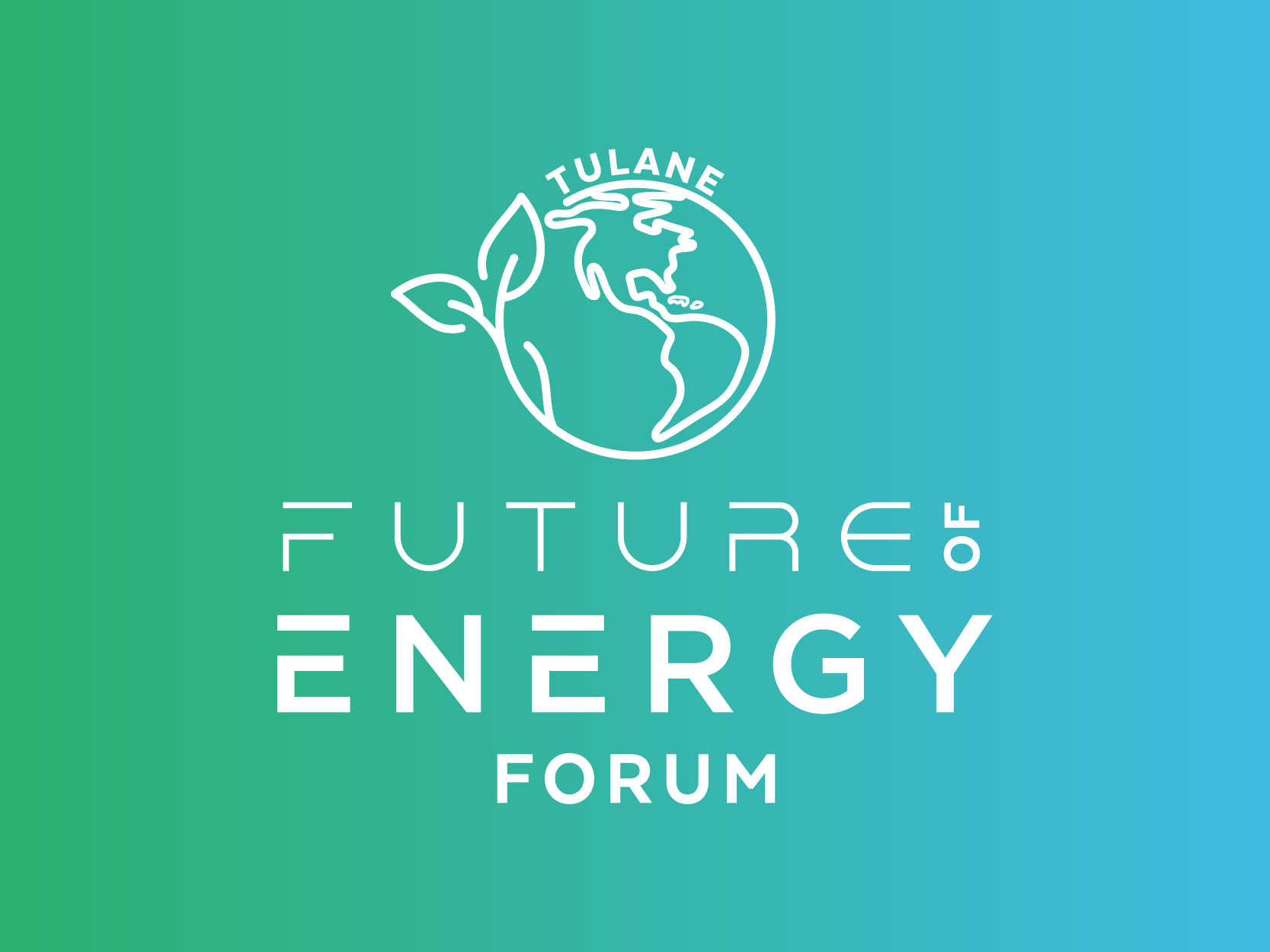Q&A part 1: Faculty thoughts on the future of energy
Tulane will host the inaugural Tulane Future of Energy Forum from Nov. 13 to 15, gathering global thought leaders and experts who are focused on innovation and driving transformative change in the energy sector.
In preparation for the forum, Tulane News spoke with some faculty members who will join the impressive lineup of speakers. For the full schedule, visit the Future of Energy Forum website.
Today, read the thoughts of Ludovico Feoli, executive director of the Center for Inter-American Policy and Research and a research associate professor in the Stone Center for Latin American Studies and the Department of Political Science in the School of Liberal Arts, and Daniel Shantz, Entergy Chair in Clean Energy Engineering and associate dean for research and PhD programs in the School of Science and Engineering.
Responses may be edited for length or clarity.
The theme of this year’s forum is “Can Energy Pragmatism Secure Our Energy Future?” What does “energy pragmatism” mean to you?
Feoli: Pragmatism here is suggestive of the complexity involved in the transition towards less carbon-intensive forms of energy. … But that change is not easy. Some solutions, like generating electricity from alternative sources, are at hand, but create new difficulties, like energy storage, transmittal and integration. Some solutions, like carbon capture and storage or green hydrogen, are envisioned but still not technically or economically feasible. And yet others, like viable substitutes for cement, steel or plastics, are currently outside our grasp. This requires us to be pragmatic in our approach, accepting that our security requires utilizing all the tools in our toolbox, even if they diverge from an ideal.
Shantz: To me, energy pragmatism means using the energy we produce as responsibly as possible, to maximize our environmental stewardship of our energy sources, and to remain open to all possibilities for new production technologies.
What area other than your field of expertise do you think is essential to our energy future?
Feoli: My field is political science, so I believe that understanding how distributions of power influence the policies we ultimately adopt (or not) is central. Within political constraints, technological development will be central to our energy future. Further technological developments will be necessary to develop economically viable energy storage at scale, as well as smart grids that can integrate energy generated from more remote and disaggregated sources. Science will be determinant not only for such technological developments, but also in guiding our understanding of how the planet responds to greater levels of warming and our ability to adapt and become more resilient.
Shantz: Outside of engineering (my formal training is as a chemical engineer), policy will be critical to our energy future. Community engagement will also be key. And clearly advances in basic science will also [be] crucial.
How does interdisciplinary research/work in the energy field factor into your work?
Feoli: Here is an example. We need batteries to power electric vehicles and serve as energy storage. Science and engineering will point the way to better batteries which can hold energy for longer and return it more efficiently. But batteries require special minerals and metals like lithium, copper, cobalt, rare earths, and others that must be mined and processed, activities that are disruptive and damaging to local communities at the point of extraction, and therefore often lead to protest and social mobilization. The social sciences will point the way to understanding these processes and their likely consequences.
Shantz: It is essential. Take the NSF Innovation which I participate in [NSF Engine’s Future of Energy in Louisiana (FUEL)]. We have everyone from science, engineering, economics, to policy, workforce development, and community engagement. The energy sector touches all segments of society — it is key they all have a voice.
What are you looking forward to at the Future of Energy Forum?
Feoli: The confluence of a variety of perspectives coming to bear on the subject.
Shantz: It will be exciting to see this event bring together leaders across the energy space — industry, government, academia.
What are you most excited about when thinking about the future of energy?
Shantz: This is truly a grand challenge problem. As I tell students in my energy course: you will have no problem finding intellectually challenging and societally relevant problems to solve in this space.
Why is Tulane a good place to have this discussion?
Feoli: Its location in a state which is both energy-rich and highly vulnerable to climate impacts. Tulane is a hub for research in these areas not only in the natural, health, and social sciences but also from the perspective of professional fields like business and law.
Shantz: Energy is represented amongst faculty interests across several schools at the university, and our geographic location is one that has been critical to the energy sector for a very long time.

